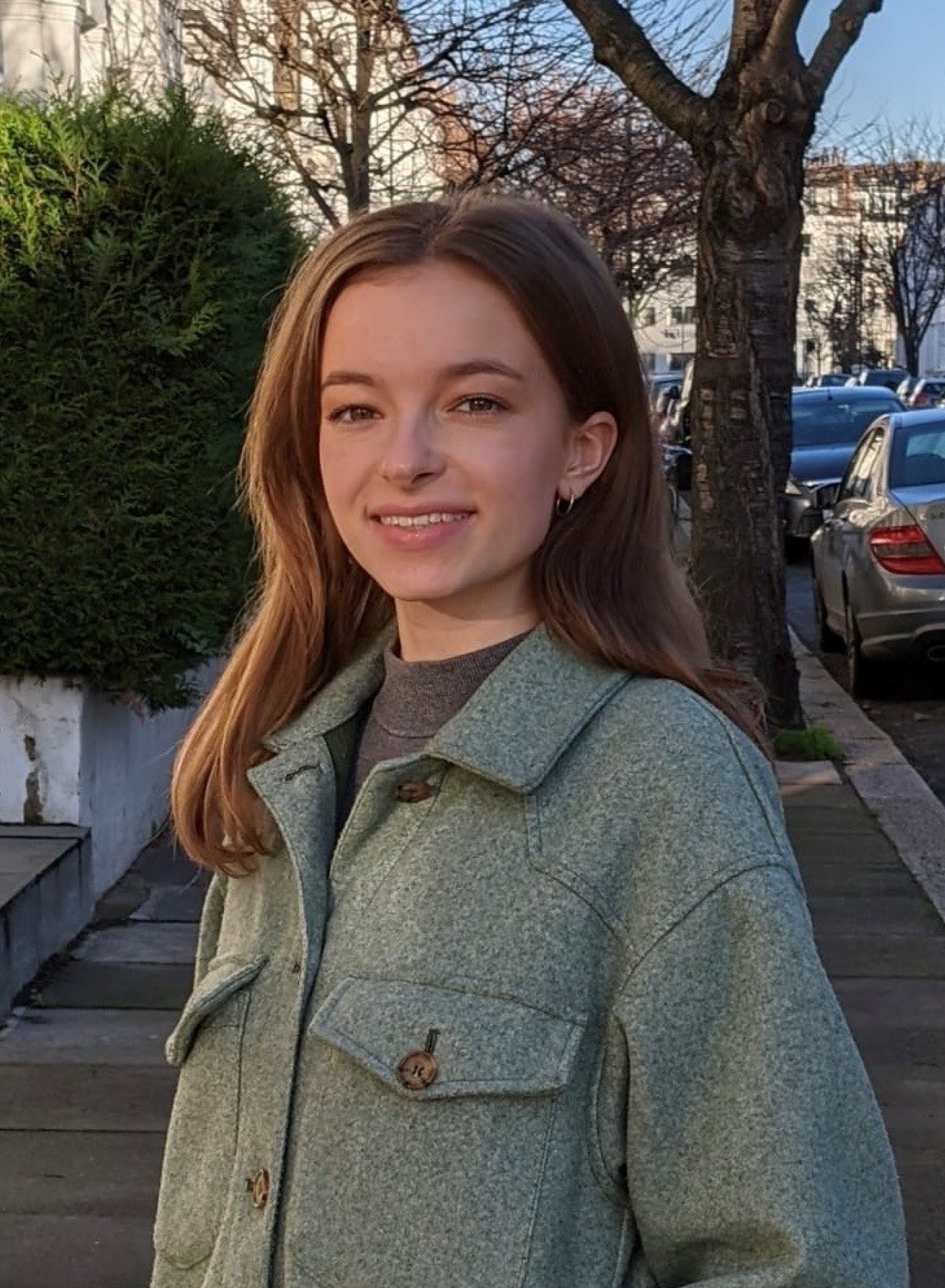Eleanor Sabey is a Research Postgraduate in the Department of Department of Metabolism, Digestion and Reproduction.
She is currently studying for an MRes in Biomedical Research (General Stream). In 2021, she was awarded the Dr Jean Alero Thomas Scholarship, which is funded by a generous legacy gift.
We caught up with Eleanor about her studies at Imperial, her future career plans and the impact of the scholarship.

Why did you choose to study at Imperial? How did it feel when you got your place?
I chose to study at Imperial because my course offers the opportunity to use cutting-edge equipment, which is perfect for launching me further into my ideal career in biomedical research. When I received my offer, I was so thrilled and excited!
What was your background before you came to Imperial? Where did you live, what did your parents do, what did your family think of you going to university?
My journey into STEM began at secondary school, in classrooms where disruption was abundant, and resources were few and far between. This made me even more grateful for access to outstanding facilities and equipment once I reached university. I grew up in a town near Gatwick airport with my mother who is an NHS dietitian and my father who works in IT. My family always taught me to appreciate the value of education, therefore they were very excited when I told them I would be studying at Imperial.
What’s your favourite part of your course and who inspired you to study in your chosen field?
My favourite part of my course is doing hands-on research in the lab and being able to learn techniques in-person from my supervisor, especially since the final year of my undergraduate degree was remote due to COVID-19.
Are you working on any placements or projects at the moment that you find particularly interesting? What are you working on and why is it important? Is it something you would want to pursue further in your career?
For my first lab rotation I am using mass spectrometry imaging to characterise metabolic disruption that occurs during chronic liver disease. This work is important because there are currently no therapeutic options for treating advanced liver disease, but the results of our project may identify candidate pathways for pharmaceutical targeting. I am particularly enjoying this project because it combines lab work with computational analysis which is a dynamic I hope to maintain in my future career.
Do you have any ideas at the moment about what you may want to do after you finish your degree?
I plan to continue pursuing a career in biomedical research and hope to do this via PhD study once I finish my current MRes.
How has the Dr Jean Alero Thomas Scholarship helped you? What impact will it have?
The ability to live in London has furthered my personal independence and allowed me to meet a vast range of people. This has made my time at Imperial so much more immersive. When I received the support, I was elated, relieved, and felt more confident in my ability to pursue a career in STEM.
What message do you have for donors that have pledged to leave a legacy gift in their will or considering to do so?
Legacy gifts are such a generous form of donating and are deeply appreciated by those who are supported by them. I made the best decision for my future career by studying at Imperial and I was able to do that comfortably because of a legacy gift. This gift has given me access to an excellent education, opportunities and a promising career in the future.
The Dr Jean Alero Thomas Scholarship ensures students like Eleanor in the Faculty of Medicine are supported to succeed and thrive on their academic journey. Find out more about the impact of legacy giving for students like Eleanor.
The Dr Jean Alero Thomas Scholarship
When she was an undergraduate in Lagos, Nigeria, Dr Jean Alero Thomas won a scholarship to continue her studies in England and went on to hold a clinical research post in immunopathology at Imperial’s Cancer Research Fund Laboratory and become Senior Clinical Lecturer at St Mary’s Hospital.
Dr Alero Thomas sadly died in 2015, but her legacy lives on in the form of scholarships supporting postgraduates, like Valentina, studying cell and molecular biology within the Faculty of Medicine at Imperial.